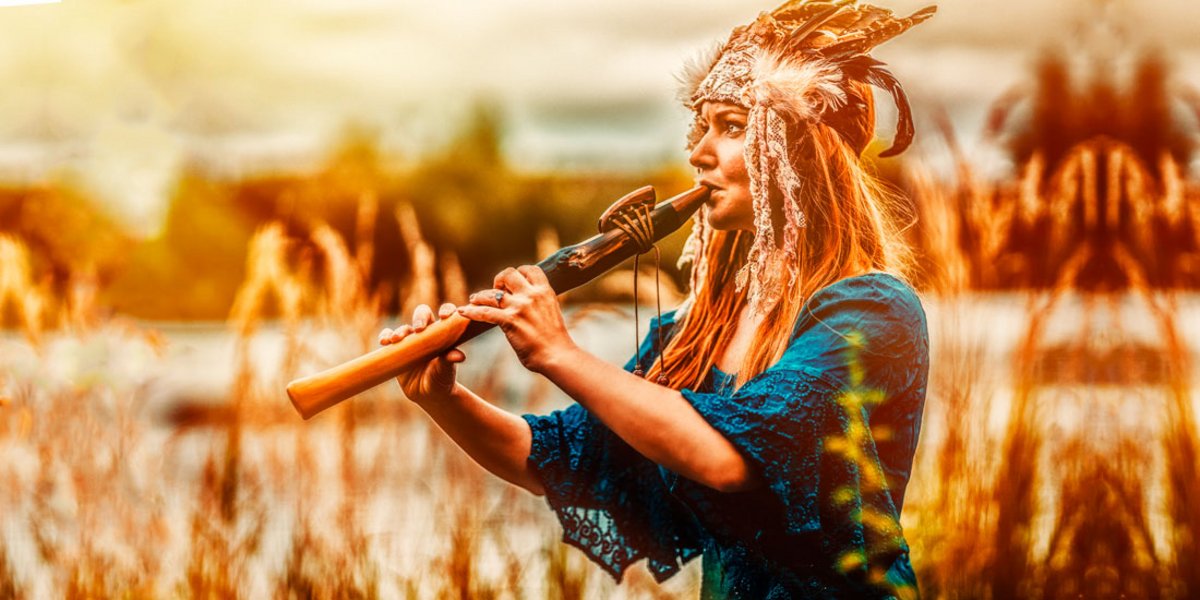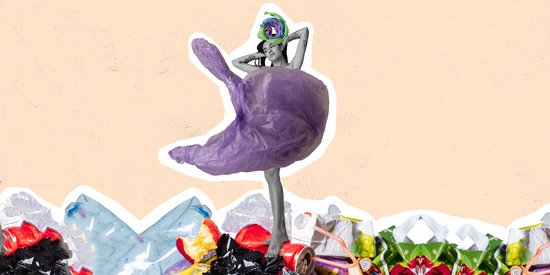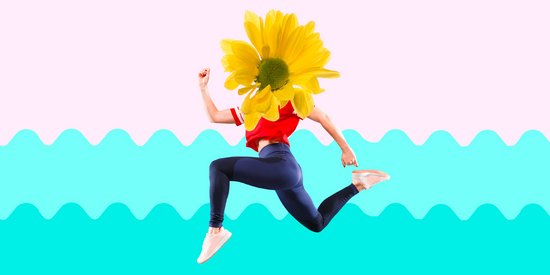Nature offers us what we eat, it also offers us what we need to heat us, shelter us, take care of us… In short, nature offers us everything we need.
The treasures of the forest and of nature in the plural, have inspired man since the dawn of time, and it is not necessary to be religious or spiritual, to understand the importance and the benefits that nature lavishes upon us, and gives to the human spirit physically, emotionally and much more.
Earth is a generous planet
Earth has been a giving planet for thousands of years, and she gives freely. She gives everything that we humans need to survive and to thrive. In this magnificent burst of generosity, our planet offers us food, water, medicines, natural cycles such as the climate and nutrients. Scientists have given a name to this beautiful generosity and these magnificent gifts which it offers, they call it the ecosystem service.
Ancestral medicines
Considered to be the oldest medicine in the world, “Ayurvedic” holistic medicine from the Sanskrit “Ayurveda” is broken down into “Ayus,” meaning life, and “Veda,” meaning science. Ayurveda was born more than 6000 years ago in India. Governed by the five elements, space, air, fire, water and earth, it draws from all the resources of nature in its origins. This is what makes this medicine a way of life that connects man to his environment. Positioned among preventive medicines, Ayurveda takes into account the role of food as being essential, we could even say that food is the first remedy of all.
Let's change continents now, surely you must have heard of the Shamans?!
It was only in the 17th century that shamanism intrigued scientists in their undoubted botanical knowledge, to provide even better care. A matter of travellers at first, then of ethnologists, it interested the medical community and ethnomedicine, because one of the functions of the shaman, and not the least, is the treatment of diseases. Isolated in the heart of the Peruvian Amazon, the Awajun people have always lived in total harmony with the surrounding forest and the river. The Awajun people have an ancestral knowledge of plants and are full of well-kept secrets. To date, all the major laboratories in the world have been trying to unravel and exploit the mysteries of the Indians of Amazonia.
Does man absolutely need to reconnect with nature and rediscover this ancestral knowledge?
Alternative medicines are becoming more and more successful in this world and they find their place there, included with traditional medicines. But alas, their real knowledge is no longer transmitted. The universe has its mysteries and yet our lives do us damage.
Nature is our big medicine cabinet
Did you know that only 1% of the world's known species have been fully examined for their medicinal value? Until today, our planet has provided humanity with a multitude of life-saving medicines, such as aspirin, quinine and morphine. There is no doubt that ancestral knowledge, important medicines, perhaps even miracle cures, still remain untapped in the world's ecosystems.
Let's sit for a moment, on the edge of the world
In 50 years, the world’s population has more than doubled. Today, many researchers are working to find solutions so that man and nature can both flourish, without harming each other.
For generations, ecosystems of immense wealth have favored the development of our civilizations and today we can see that it took less than a century to upset this balance. Preserving ecosystems and species today could benefit millions of lives, heal them, or even save them from a more than uncertain tomorrow. The ecosystems that have provided some of the most important and promising cures, from tropical rainforests and coral reefs, are also home to indigenous peoples who still have so much to teach us and yet they are also among the most threatened. Indian chief, ecological activist of the first hour, the indigenous chief Raoni has remained the tireless guard of the Amazonian forest for more than 40 years.
There is a profusion of food in nature for those who know how to look and have learned to recognize it.
Let's protect nature... Yes, but that's not all, let's protect our knowledge, let's protect the civilizations which have so much to offer us, which prove to us day after day that nature is plural, in the sense that it has much more than we might think, that it has to offer us.









